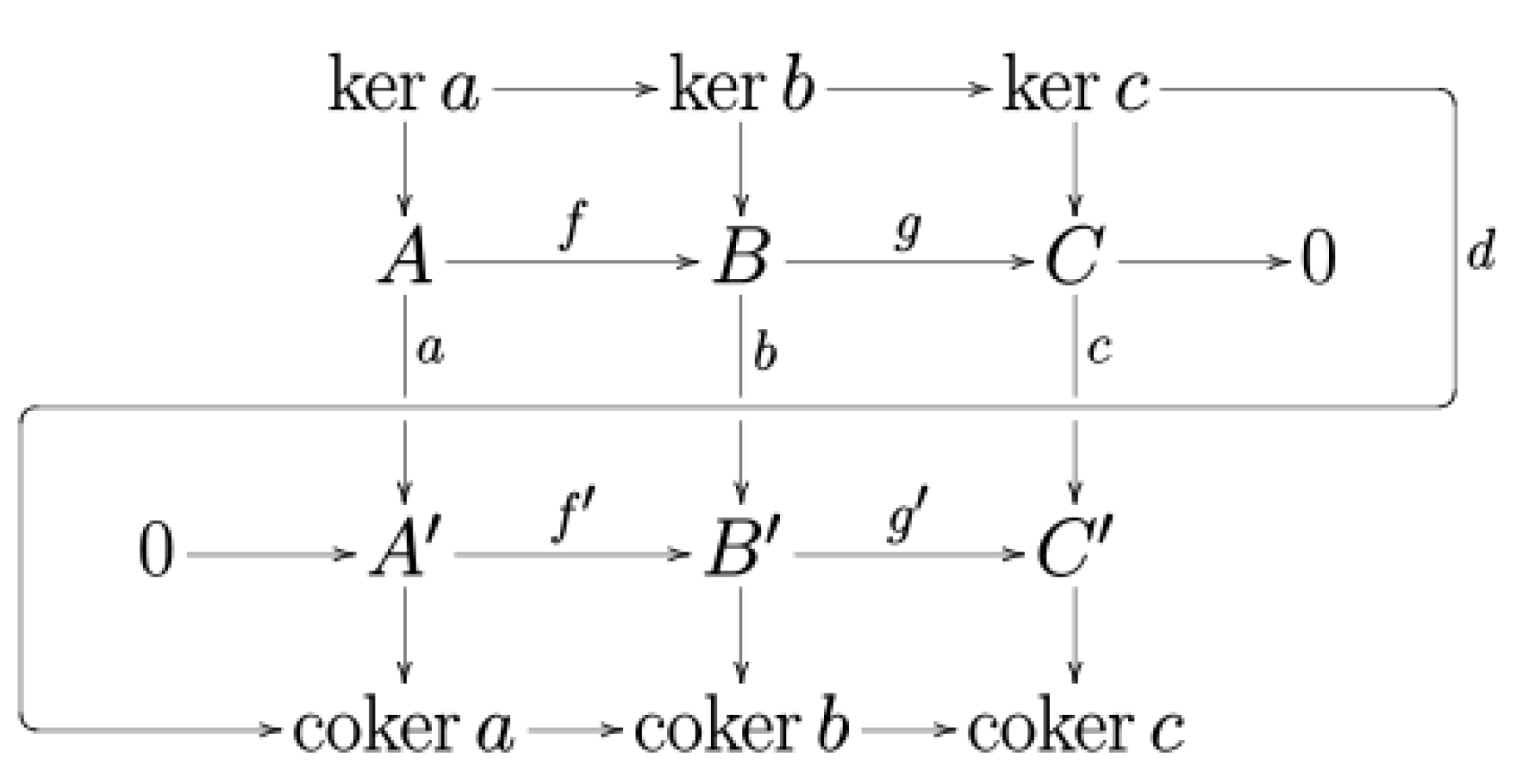Math (Self-Study)
Journey
Started in Algebra 1, ended in Algebraic Topology!

When I didn't have the resources to continue my love for math as a low-income student, I tried an unconventional route of learning that quickly took off. Starting in the second half of 8th grade, I mastered algebra 1 all the way through differential calculus in just 6 months. Then I exhausted community college courses (multivariable calculus, linear algebra and differential equations). There was a huge hurdle after this, but I clung on to learning complex analysis by auditing classes in 9th grade. Auditing also became unrealistic, so I began self-studying smooth manifolds (while catching up on real analysis, algebra, and other topics).
Luckily in COVID summer, I was mentored by Ryan Thorngren to study Yukio Matsumoto's Morse Theory book. The next semester, I got lucky again and talked to Yair Minsky at Yale, leading to me remotely auditing graduate level Algebraic Topology at Yale.
This whole experience taught me so much more than math—I learned about learning, community and giving back, resilience and forging a path for myself despite all of the things in my way, and so much more. I'm incredibly grateful for all of the amazing mentors and friends who supported me this whole time.
Timeline
Jan 2011 - Dec 2020
Context
Coming from a first-generation low-income background, I always wanted to go to academic summer camps like my friends but couldn't afford the prices. I mainly learned high school math on Khan Academy (so good), and supplemented with problems from textbooks and online. After exhausting community college classes, I had to take classes at UC Berkeley, which was already impractical schedule wise but the $5000/class price tag was not an option.
How could I further my love for math without the resources to pay for tutors, college classes, or summer camps?



Initial Takeoff
What started as an initial "I'll prove you wrong" quickly turned into an obsession for learning. In 4 months, I finished everything from Algebra 1 to Precalculus. I was acing the problems on Khan Academy, but people were doubting my mastery so I supplemented it with textbook problems and home works online. I was shocked when I took a placement test at community college and got placed into Calculus—I knew then my hard work paid off and everything was real.